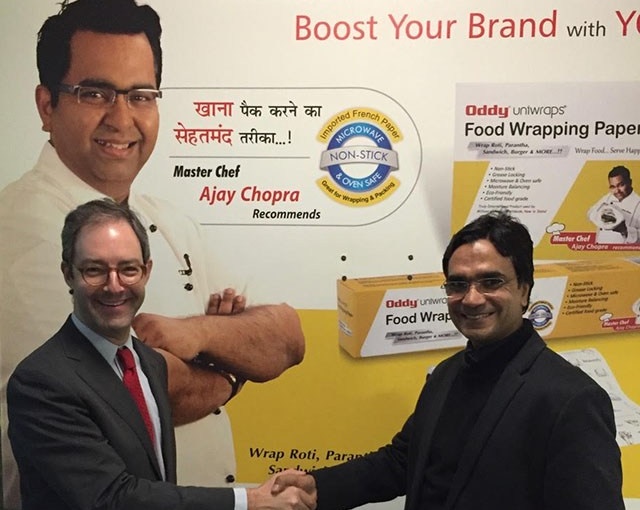Basics to follow for growth of FMCG business
Mumbai | August 28, 2017 09:52 IST
Sales of an FMCG business are similar to a see-saw, where both sides need to be balanced to maintain equilibrium. In this case, the volume and the price are the sides that need to be evened out to meet the desired sales target.
household appliances, the basics remain the same. Even the market positioning of the product does not interfere with the basics of the model. Sales of an FMCG business are similar to a see-saw, where both of the sides need to be balanced to maintain equilibrium. In this case, the volume and the price are the sides that need to be evened out to meet the desired sales target.
Here are some basic mantra’s that should be followed if one wants to be at the top of the game. At the end of the day, money is what matters.
Maintain supply balance: Dealers would only be interested in partner with you if you have a well-established supply chain and inventory in place since they would risk their reputation if they cannot deliver a product to their clients.
Referral engagement: Invite other B2B companies to refer companies to you in return for a commission. This way you will be able to boost your credibility as a reliable partner that can handle large volumes of transactions. This approach would also bring additional revenue for your company.
Define dealer margins: Keep in mind that they might want to offer a discount to their customers, so you need to consider this in your pricing strategy. To encourage a larger purchase by dealers, you might want to offer them a quantity discount. If you are a new market entrant and want to promote a product, you should define the margins of dealers, who would buy your product with cash or credit to distribute it further.
After-sales service: The most important backbone of any business is the reliability, approachability, and convenience of after-sale services, warranty claims and possible refunds. A company must be easily accessible and must reply immediately to any queries, especially the adverse ones. One happy customer would bring a few more happy customers, while one unsatisfied customer would spook lots of potential customers away.
Establish relationships within your industry: Nurturing long-term relationships with suppliers pays off big time. If you have healthy partnerships with them, they will support you in the most difficult times as since a network of dealers in various regions allows you diversify risks and switch focus between regions in case one of them faces an economic downturn.


